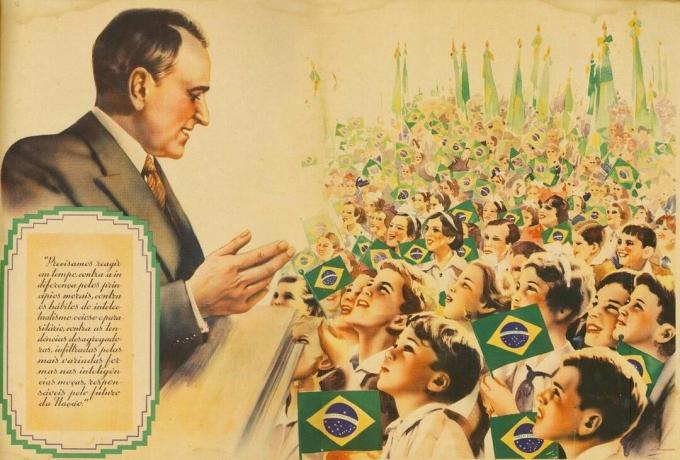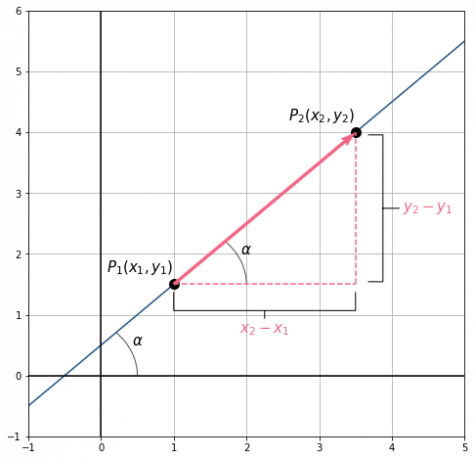On October 24, 1930, Getulio Vargas assumed the presidency of Brazil, through a coup d'état, known as the Revolution of 30. The movement was led by political groups dissatisfied with the Old Republic, in which the coffee oligarchies from Minas and São Paulo held political power and ruled alternately.
Thus, Vargas represents the end of the Old Republic and was responsible for major changes in the Brazilian scenario, altering the country's economic and political structures.
Prior to Vargas, the Brazilian economy was based solely on the coffee economy. Thus, the country had great economic instability, as this coffee market had many fluctuations as a result of variations in crop prices and crises in foreign economies, such as the British and North Americans, the main buyers of the product.
Getúlio Vargas realized the need for industrial development in Brazil, bringing modernization and urbanization, with the creation of state companies, creating labor laws and industrial development.
However Vargas established a strongly authoritarian political regime and with measures with characteristics
fascists.Achievements in the Estado Novo (1937-1945)
With the establishment of new state, Vargas ordered the closing of the National Congress, extinguished political parties, suspended the presidential campaign and the Brazilian Constitution.

During this period, Vargas ordered the drafting of a new constitution that would grant political powers to the executive branch.
That 1937 Constitution, guaranteed Vargas the power to close Congress, extinguish political parties, establish censorship and appoint interventors in the states.
In addition, the Constitution introduced new labor legislation.
The government had an economic doctrine of state interference in the economy, so that the state was the main investor and driver of the national economy.
During this period there was great investment in advertising. The DIP – Press and Advertising Department to propagate the ideology of the Estado Novo and promote the exaltation of Vargas' image. The DIP was also responsible for the censorship of the press, newspapers, radio and cinema.
- Free Online Inclusive Education Course
- Free Online Toy Library and Learning Course
- Free Online Preschool Math Games Course
- Free Online Pedagogical Cultural Workshops Course

Its main achievements in this period are the creation of DASP - Administrative Department of the Public Service, to control and coordinate public bodies, the creation of the IBGE (Brazilian Institute of Geography and Statistics), the National Petroleum Council, in 1938, and the Water and Electric Energy Council, in 1939.
In 1941, he founded the Companhia Siderúrgica Nacional and created the Companhia Vale do Rio Doce in 1942.
Vargas also establishes Brazil's entry into the Second World War, supporting the nations that were fighting Nazism.
In addition, it sanctioned the law that established the Consolidation of Labor Laws, in 1943, implementing labor rights, such as the minimum wage, paid vacations and 48 hours week hours.
With so many measures of repression and contradiction, Vargas promulgates the Electoral Code, which allowed the creation of political parties and marks the elections for president.
Getúlio Vargas tries a political maneuver to remain in power but the military deposed him and Eurico Gaspar Dutra he was elected president and held the presidency between 1946 and 1951.
Achievements in the Second Term (1951-1954)
In 1951, Getúlio Vargas returned to power after running for election and winning with an expressive victory, now bringing a proposal for a democratic regime.
In 1953, Vargas creates Petrobrás, a company that would become very important to the Brazilian economy and would have a monopoly on refining oil exploration.

It also restructured CREAI (Banco do Brasil Agricultural and Industrial Credit Portfolio) and created the CFP (Production Financing Commission). However, it did not assure rural workers of the labor conquests given to urban workers.
Related content: Discover the History of Elections in Brazil
The password has been sent to your email.


